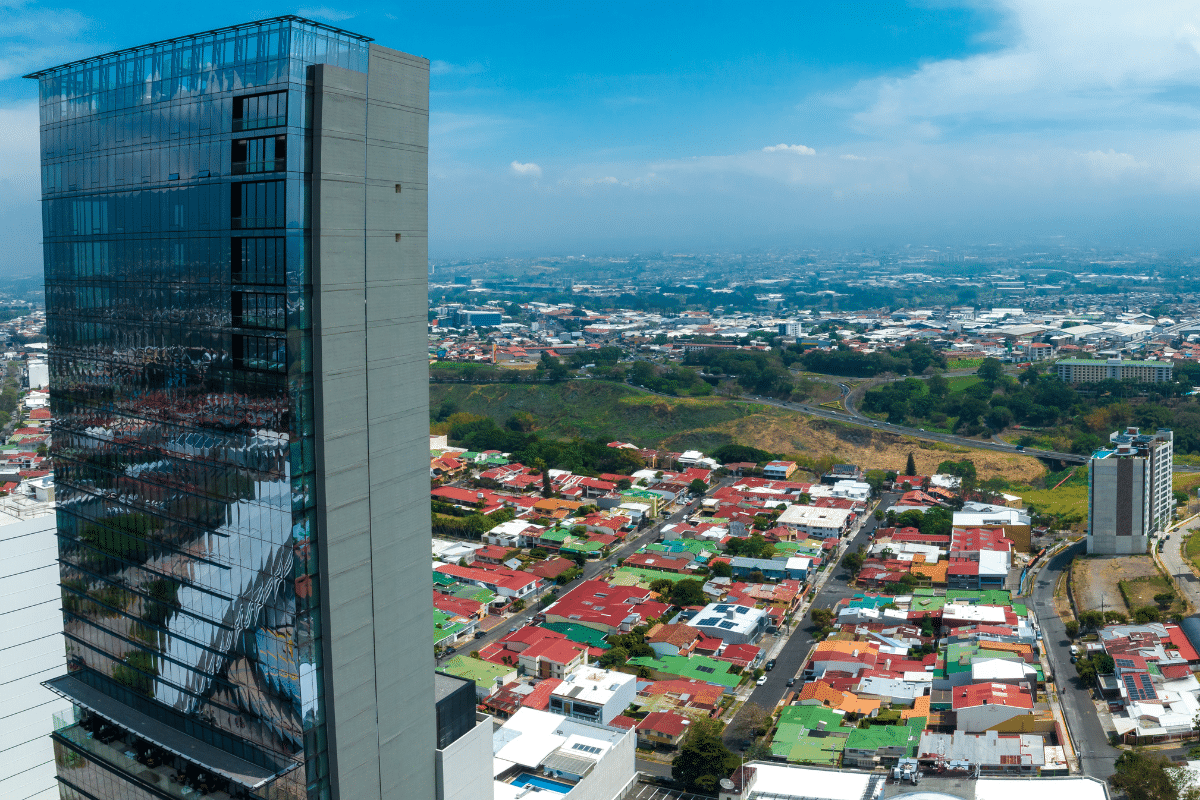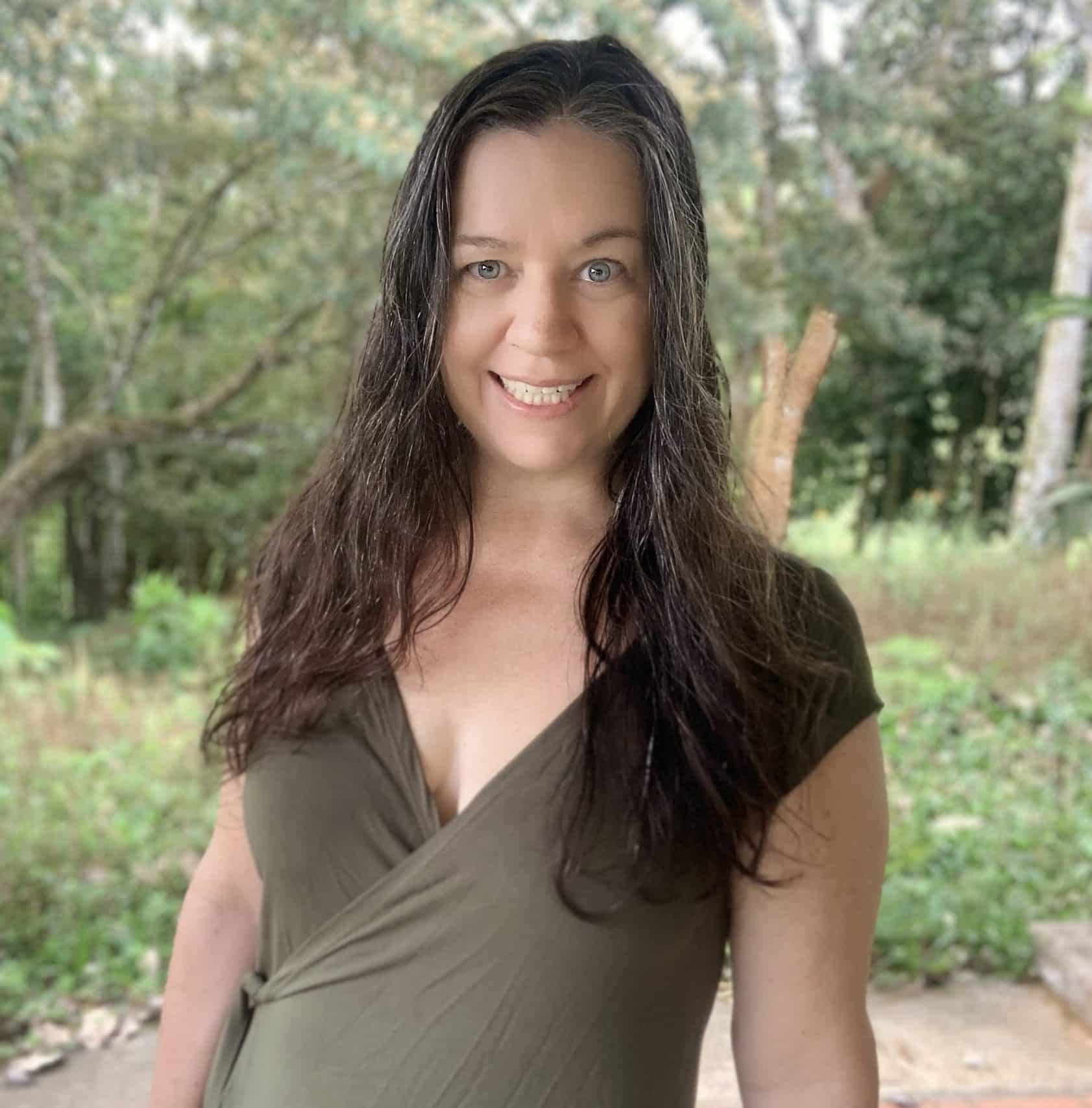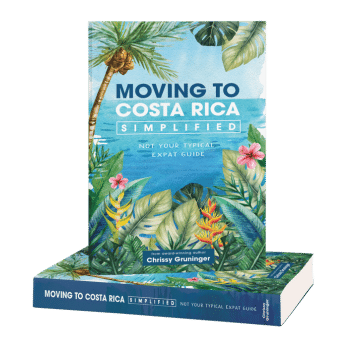I recently saw a comment from a foreigner in a group, addressing gentrification. It reeked of colonialism. And honestly, it made me a little nauseous. But what really disturbed me is that a well-known person in these groups replied, praising the comment as brilliant and essentially, encouraging both colonialism and gentrification.
My belief is that individuals with significant influence must carefully consider their behavior and statements in the public eye. But, that’s a blog for another day…
The original comment was superficial. More importantly, it was missing any kind of balance, understanding or compassion. It was all about giving a pat on the back to foreigners while disparaging locals.
As I’ve said before, I first wrote about gentrification in Costa Rica over 10 years ago. I was seeing the effects of substantial wealth and extreme poverty collide in local towns around Costa Rica. It’s one of the reasons I chose to move out of Tamarindo in 2013, and why I didn’t choose to move to Nosara (or, technically, “Playa Guiones”).
It saddens me to be a target of a hate campaign and that there is a misconception by people that because I offer relocation counseling, I support gentrification. But if they talked with me, and got to know me, they’d have a very different opinion.
In reality, my work is deeply rooted in understanding and addressing the challenges facing Costa Rica. Through my book as well as my daily interactions, I not only highlight these issues but also propose everyday solutions to minimize our impact on local communities.
There are so many factors to consider when talking about gentrification and all too often, we only look at one side. It’s easier to point the finger at someone else, than realize that we have three fingers pointing back at ourselves.
Original (Colonialist) Point: Expats create thousands of jobs in Costa Rica, which significantly benefits the locals.
Reality: While expats do create jobs, many of these positions are low-wage and service-oriented, perpetuating economic disparities. They are also, often times, paid under the table. If we really want the locals to thrive, we need to focus on providing quality jobs that offer fair wages and opportunities for advancement. Now, not all of us are in a position to do that but at the very least, we can pay a living wage.
Original (Colonialist) Point: Expats pay into the Social Security and public health systems without using these services, benefiting the country financially.
Reality: Although expats paying into the Social Security and public health care systems can be beneficial and many choose not to use the Caja system, there are expats who use the services and the influx of expats can strain local resources, leading to increased demand and delays in services for those in need.
Original (Colonialist) Point: Expats shop locally and therefore are improving the economy.
Reality: The money spent by expats does circulate within the local economy, but it often leads to increased prices in areas with high expat populations. This can make it difficult for locals to afford housing and other necessities, contributing to economic inequality. I remember the first time I heard about an increase in food prices. It was 2013 and my housekeeper was telling me that the cost of meat had increased substantially, making it more difficult to buy for her family.
Original (Colonialist) Point: Local builders and businesses benefit from expat money, creating a ripple effect in the local economy.
Reality: While expat investment does benefit local builders and businesses, rapid development driven by this investment can lead to environmental degradation and displacement of local communities. It’s important to prioritize environmental preservation when building and ensure that the growth benefits all community members, not just those directly involved in construction and related industries.
Original (Colonialist) Point: The government is to blame for increased costs, not expats.
Reality: Blaming the government entirely for high prices and economic challenges overlooks the influence of foreign investment and tourism-driven development as well as the problem of inflation, happening worldwide. There are so many factors to consider, we can’t just point the finger at one entity.
Original (Colonialist) Point: Expats can’t vote and shouldn’t be blamed for government decisions.
Reality: While expats may not vote, our presence and financial influence can significantly shape local policies and priorities, which often leads to the detriment of the local population. Sustainable development should ensure that local communities have a say in how their areas are developed. In this case, it is important for locals to vote in the people who will improve their lives, rather than the people who only want to make a personal profit.
Original (Colonialist) Point: Locals selling their land are responsible for overdevelopment, not expats.
Reality: Telling locals to stop selling land is a simplistic solution. Economic pressures and limited opportunities often drive these decisions. Yes, locals are selling their land, leading to subdivision and increased demand on water resources, which are already a critical issue. In this case, I do believe that the government needs to take responsibility by implementing policies that support sustainable land use and water management. It’s important to create initiatives that help local communities preserve their land and resources while ensuring that development is environmentally sustainable and socially equitable.
Original (Colonialist) Point: Expats contribute positively through donations and volunteer work.
Reality: Many expats do contribute positively to their communities through donations and volunteer work. However, these acts of good-will should not be used to justify or overshadow the broader systemic issues and the need for development that is fair and benefits everyone.
So, with all that said, who is responsible?
All of us. If we want to be good human beings living in this place we call home, we are all responsible.
Rather than focusing our efforts, our words, our actions, on hatred and “us vs them”, how about we instead see how there are both good and bad sides to everything and often times, there isn’t one right answer.
Finding a balance can be challenging.
If we are able to take a step back and look at the big picture, we might in fact see that we are working towards similar goals. And collectively, we can do so much more.
So, what can we do about all this?
Well, first, we need to realize that we can’t paint a group of people with a single brushstroke.
We also need to listen more than we talk so we can better understand all the many different points of view.
We should also stop making broad generalizations and assumptions, especially if we haven’t taken the time to talk with the person or people who we are casting judgment on.
Whether you’re a citizen or resident, we all need to stop pointing fingers (especially at the wrong people).
I know, it’s easier to point a finger and blame someone else, but what we really need are people who are willing to take meaningful action that will make a real difference in the lives of those who live in Costa Rica.
Final thoughts
In our everyday lives, we can be mindful in our words and actions and leave as little a footprint as possible – whether it’s your home country or someone else’s.
Whether you’re living here or traveling, we must each consider how our actions either support the kind of world we want to live in or contribute to its harm and demise. Every choice we make sends ripples out into the world—not just here in Costa Rica, but all around our precious planet.
May we see beyond ourselves to collectively create a country and world that uplifts and supports one another, fostering a community of care and compassion rather than division and destruction.




0 Comments